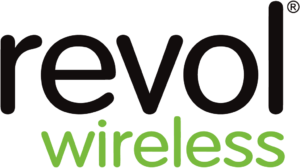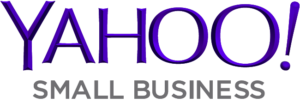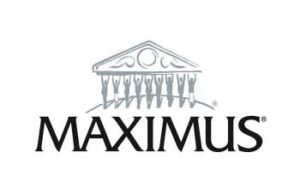Hearing directly from agents related to their working conditions, scheduling, and company policies provides invaluable insights, that data collection and behavior tracking alone will not.
To solve this, AnswerOn builds an accurate predictive model to identify high-risk employees and then facilitates specialized “Voice of the Agent” virtual focus group (VFG) to gather qualitative insights not available in the data. To ensure candid feedback,all VFGs are operated under the condition of anonymity. Recently, AnswerOn has started conducting VFGs with a generational focus to identify which management, training, and scheduling styles each generation group prefers. This information provides valuable insight to help with tailoring your call center to different age groups.
This blog highlights some of AnswerOn’s generational–focused research findings, which centered around comparing two age groups: 18-28 year–olds and agents 29 or older.
All findings discussed were tested for statistical significance with the Chi-Square method.
General Job Details and Policies
While both groups predominately reported finding security in their jobs and wanting to continue to grow in their role, more participants from the 29 and older group selected the option that their job “is something they do to pay the bills, nothing more.” Both groups use email and their company’s specific internal system the most as their collaborative tools, selecting them over chat, Skype, social channels, phone, or written notes. Outside of work, both groups reported using their phone the most, followed by social channels for the 29 and older group and email for the 18-28 year-olds.
 All participants feel Harassment policies are the fairest policies at work and Leave policies are the least fair. However, the 18-28 year-olds selected scheduling as the second to the lowest policy in terms of fairness, whereas 29 and older agents ranked scheduling as third from the highest and fairer.
All participants feel Harassment policies are the fairest policies at work and Leave policies are the least fair. However, the 18-28 year-olds selected scheduling as the second to the lowest policy in terms of fairness, whereas 29 and older agents ranked scheduling as third from the highest and fairer.
When agents have a question, 18-28 year-olds will ask their team leader for tips and suggestions first. Agents who are 29 and older are more likely to ask an experienced agent for advice.
Recognition
In discussing preferred methods of recognition, both age groups prefer bonuses and paid time off.
When given a list of events, both groups said birthdays were the least important events needing recognition at work. 18-28 year-olds feel it is most important to recognize new team or site achievements. The 29 and older group ranked new personal achievements as most important for recognition.
Agents who are 29 and overview more promotions being due to favoritism rather than merit.
Job Preparation + Training
Both groups would prefer a skills-based demonstration exam for showing learning and proficiency of skills. A digital online exam was the second-highest choice.
Both groups do not want to have coaching discussions at their cubicle. 18-28 year–olds prefer to have coachings in an empty conference room or other public room. Agents in the 29 and older group prefer to have coachings in their manager’s office. (Analysis was completed prior to COVID stay-at-home orders.)
Only 65% of agents aged 29 or older felt training adequately prepared them for the floor, whereas 85% of agents 18-28 years-old felt ready immediately following training.
When discussing favored methods of training, no 18-28 agents selected online or digital training. The majority of both groups selected in-person, classroom-style.
Performance Metrics
Both groups are most motivated by performance metrics (over tenure and attendance) and the majority in all age groups would say that feedback from their manager feels like helpful advice. However, a larger proportion of 29 and older agents reported feedback feeling like discipline and they did something wrong.
29 and older agents feel average handle time is the least accurate metric for determining performance, while 18-28 year–olds selected schedule adherence. Both groups ranked quality scores as the most accurate in determining performance on phones.
18-28 year–olds feel absenteeism is the hardest metric to obtain acceptable scores on, and view quality scores as the easiest metric. The 29 and older group views schedule adherence as the most difficult metric and average call waiting (ACW) as the easiest.
Conclusion
In general, all agents regardless of generation share many of the same opinions on policies, methods for recognition, and preferred training methods. However, the 29 and older agents tend to be more pessimistic and less likely to feel comfortable with their jobs immediately after training. 18-28 year-old agents struggle with attendance metrics and scheduling policies but feel a greater camaraderie with their site and team as a whole.
If you’d like to learn more about an AnswerOn VFG or see other significant findings, visit our VFG information page or read our case study on agent pain points.











